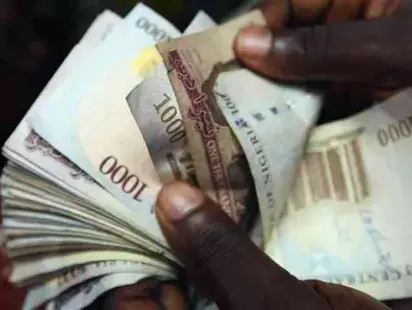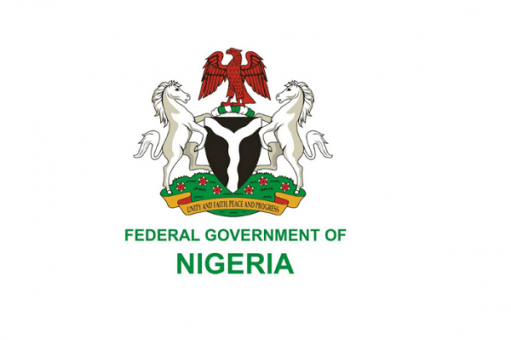
The International Monetary Fund (IMF) has issued a cautionary statement indicating that the Naira’s exchange rate might experience a further decline of approximately 35 percent within the current year. Moreover, it has been projected that this could result in inflation reaching as high as 44 percent before measures to tighten monetary policy can effectively address the situation.
This information was revealed in the February 2024 Post–Financing Assessment and Staff Report by the IMF. The report highlighted that the nation’s monetary policy is presently not sufficiently stringent to reduce inflation to below 20 percent, especially amidst ongoing pressures on the Naira. Additionally, it emphasized that due to the absence of local production and recent relaxation of commodity imports, the exchange rate is likely to depreciate even more.
The IMF noted that Nigeria faced another adverse climate event in early 2024, following severe flooding in late 2022, which worsened existing weaknesses in agriculture, leading to decreased output and a surge in food prices. It suggested that Nigeria would benefit from crafting a comprehensive macroeconomic and growth strategy, with input and support from development partners. This strategy should include aggressive monetary tightening, fiscal adjustments to restore macroeconomic stability, and the implementation of climate adaptation measures.
Furthermore, the report indicated a weakening of domestic demand due to significant declines in real incomes, with investments in the oil sector expected to stall due to escalating costs and production declines. The IMF also projected that Nigeria’s economic growth could plummet to zero in 2024, with a slow recovery to two percent by 2028.
Uncertainty surrounding Nigeria’s net international reserves level poses additional risks, compounded by potential external shocks that could impact external stability, poverty levels, and food security. The report highlighted a potential increase in the fiscal deficit to above six percent of GDP in 2024 and 2025, partly driven by heightened social unrest requiring increased transfers and a rise in the implicit fuel subsidy.
The report further mentioned that with limited external financing options and higher expenditures, there is a growing reliance on financing from the Central Bank of Nigeria (CBN) and domestic sources. Despite implementing expenditure measures, such as phasing out the implicit fuel subsidy in 2026, the debt-to-GDP ratio is still projected to rise by six percentage points above the baseline by 2028.
In a downside scenario, inflation spikes, uncertainty rises, triggering portfolio outflows, and Nigeria faces challenges accessing Eurobond financing. Reserves are expected to decline to $17 billion in 2025, with obligations due under the Rapid Financing Instrument (RFI) peaking at over eight percent of officially reported reserves. While Nigeria would be able to repay the IMF, trade-offs between debt service and urgent humanitarian needs to tackle rising poverty and food insecurity would pose significant challenges.





